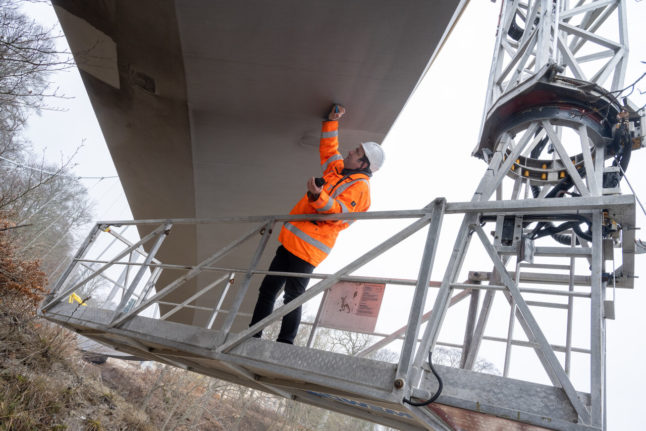In a job market as tough as Sweden even getting an interview can be an achievement in itself – particularly for those of us with non-Swedish backgrounds.
This means that job interviews need to be taken seriously – no matter how menial the job. New Zealander Dennis McKay, who had previously worked in market research was surprised when he was asked for relevant work experience when being interviewed for a job as a dishwasher.
“I joked about how I’d been washing dishes at home for years,” says McKay, “And I was told very sternly that washing dishes in a restaurant was completely different and that I wouldn’t get very far with that sort of attitude.”
Despite the shaky start, McKay got the dishwashing job, although he later made it back into market research in Sweden.
The key to job interviews in Sweden is being honest and modest. Naturally, as in any country, job interviews are about selling yourself but you should also know your limitations. While in some countries bending the truth and embellishing your skills or experience is expected, in Sweden most employers will take you for your word. You might be trying to portray yourself as ambitious but you can just as easily comes across as arrogant.
“You will be asked about both your strong points and weak points,” advises Frank Ericson from StepStone recruitment, “You shouldn’t shy away from admitting any weaknesses.” By confessing your flaws you can have the beneficial effect of putting yourself across as honest and trustworthy. It shows self-awareness and humility. “If you try to claim you have no weaknesses than people will suspect you’re hiding something,” says Ericson, “Everyone has weaknesses; you’re just showing you’re mature enough to admit it.”
As a foreigner you’re probably going to be asked about your future plans in Sweden, and many employers will be looking for reassurances that you’re not planning on moving back home too soon. “If you don’t speak Swedish, show a willingness to learn by offering to take a class,” says Ericson, “This shows you’re planning on staying for the long term.” Although don’t forget the golden rule of being honest about your capabilities. If you claim you can speak Swedish when you can’t it won’t be long before everyone realises your vocabulary doesn’t extend beyond hej, tack and stor stark.
Appropriate dress code can be tricky as many Swedish workplaces can be casual and informal with jeans, runners and T-shirts being just as common as suits. Frank Ericson’s basic guide is suit and tie for finance or banking, suit without a tie for IT, and jobs in the media can often get away with jeans and a jacket. But if in doubt always dress up: “It is better to dress up than dress down.”
Arriving on time is a given in any country, but no country takes punctuality as seriously as Sweden. “It is of absolute importance that you show up on time – or preferably 5-10 minutes early,” says IT consultant Lars Westlund, “If you are late then you won’t get the job, they won’t even bother talking to you.”
Bring a well-written CV documenting your complete working history, and be wary of any long gaps between jobs or frequent job changes. “Most companies will look for someone to fill a position for 2-3 years so if they see you often leave a job after less than a year, it might be an issue,” says Ericson. “If it includes frequent changes, try and have a good explanation.” The same applies to any long gaps between jobs. Good reasons include travelling abroad, maternity leave or studying, but whatever you do don’t leave gaps unaccounted for.
“Read up on the company and bring some questions of your own,” says Ericson, “It shows your interest.” You might not be allowed to blatantly show off but some well-crafted intelligent questions can be an exceptionally effective way of getting yourself noticed amongst the crowd.
Nic Townsend




 Please whitelist us to continue reading.
Please whitelist us to continue reading.
Member comments